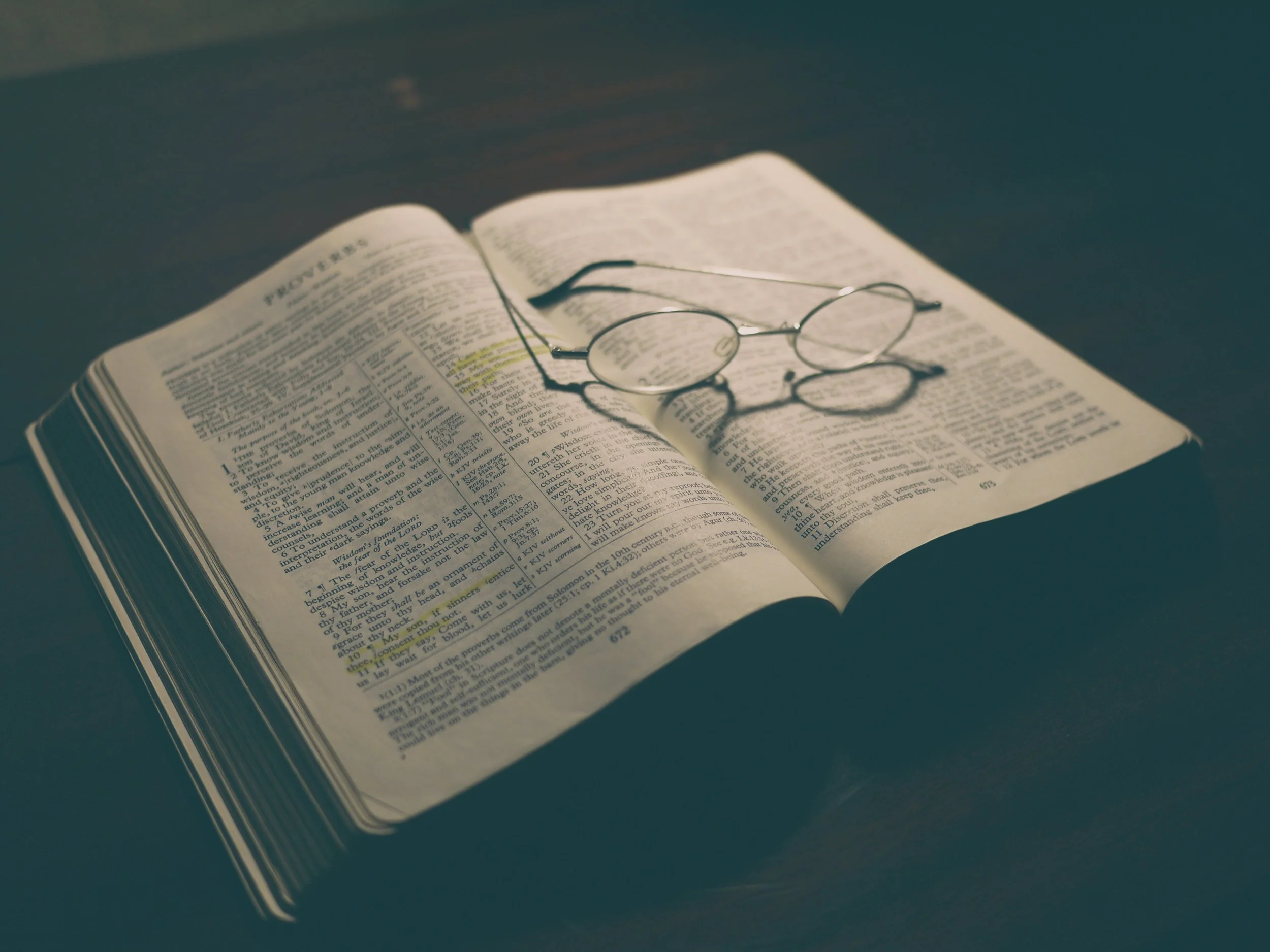Lean Not on Your Own Understanding
You don't know everything, and your experience is limited. That's no offense to you, it is just part of being human. This creates an interesting problem when deciding if a book is "good" or "bad". What if you decide a book is not worth reading, when in fact it could have helped you grow? What if you decide a book is untrue, when actually it is?
It is wise to be a selective reader and decide whether you agree or disagree with an author. After all, the author is also human, and could be wrong. However, when a disagreement comes up, it would be arrogant to always assume that you are right and the author is wrong. Books are easy to bully because of their quiet nature. If you start crossing out and skipping everything you don't agree with based on your personal values and experience, you have created a fantasy world. No one will be there to argue with you as you censor your book, and you may have removed the parts of the book that could create the most growth in your life. If you never give the book a chance, it will not be able to teach you or help you.
Would you consider taking up the author's argument against yourself? You don't have to ultimately stay on the author's side, but playing devil's advocate against yourself can give you new insights.
It takes discretion to know when a book should be filtered out as worthless information, and when you should allow it to challenge you. That means learning from books requires humility and self-control. The rewards of this kind of reading are worth it.
What book has most challenged your worldview? Please let us know in the comments section below.



